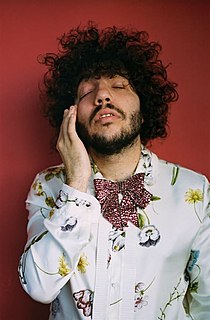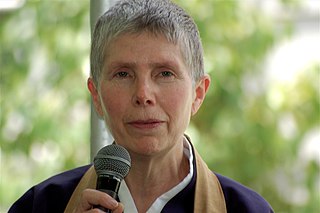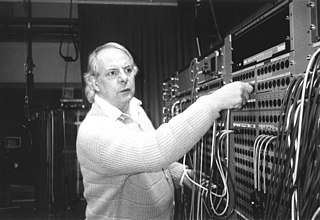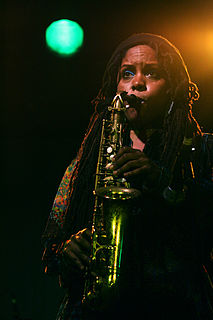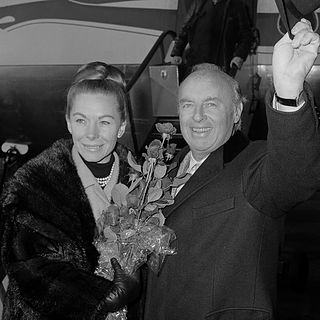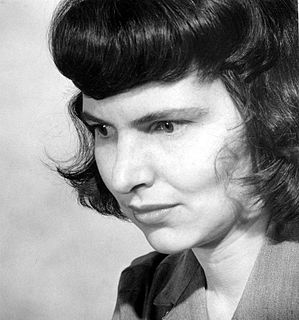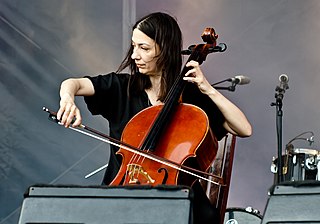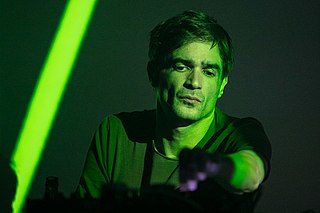A Quote by Jeffrey Kluger
Humans are crude linguists from the moment of birth - and perhaps even in the womb - to the extent at least that we can hear spoken sounds and begin to recognize different combinations of language sounds.
Related Quotes
Several times a day, stop and just listen. Open your hearing 360 degrees, as if your ears were giant radar dishes. Listen to the obvious sounds, and the subtle sounds?in your body, in the room, in the building, and outside. Listen as if you had just landed from a foreign planet and didn?t know what was making these sounds. See if you can hear all sounds as music being played just for you. Even in what is called silence there is sound. To hear such subtle sound, the mind must be very quiet.
We listen too much to the telephone and we listen too little to nature. The wind is one of my sounds. A lonely sound, perhaps, but soothing. Everybody should have his personal sounds to listen for-sounds that will make him exhilarated and alive, or quiet and calm... As a matter of fact, one of the greatest sounds of them all-and to me it is a sound-is utter, complete silence.
Words reduce reality to something the human mind can grasp, which isn’t very much. Language consists of five basic sounds produced by the vocal cords. They are the vowels a, e, i, o, u. The other sounds are consonants produced by air pressure: s, f, g, and so forth. Do you believe some combination of such basic sounds could ever explain who you are, or the ultimate purpose of the universe, or even what a tree or stone is in its depth?
At birth we begin to discover that shapes, sounds, lights, and textures have meaning. Long before we learn to talk, sounds and images form the world we live in. All our lives, that world is more immediate than words and difficult to articulate. Photography, reflecting those images with uncanny accuracy, evokes their associations and our instant conviction. The art of the photographer lies in using those connotations, as a poet uses the connotations of words and a musician the tonal connotations of sounds.
A lot of people ask me where music is going today. I think it's going in short phrases. If you listen, anybody with an ear can hear that. Music is always changing. It changes because of the times and the technology that's available, the material that things are made of, like plastic cars instead of steel. So when you hear an accident today it sounds different, not all the metal colliding like it was in the forties and fifties. Musicians pick up sounds and incorporate that into their playing, so the music that they make will be different.


